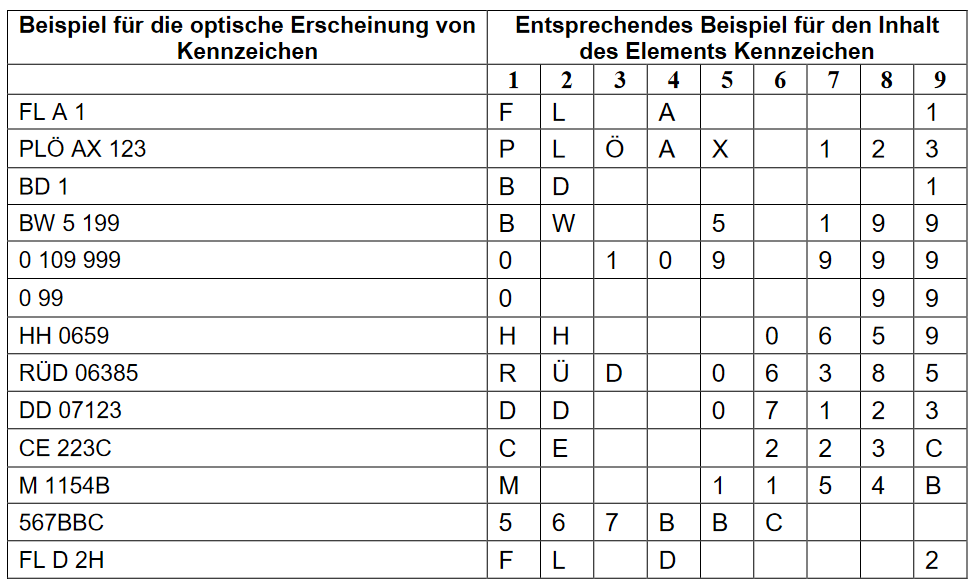Who is responsible for executing look-ups in the system?
The Parking Experience Team is responsible for the technical environment and systems that handle look-up queries. This includes:
- Triggering look-ups when a create receivable request is received.
- Sending requests to national look-up providers like Bisnode or TietoEvry.
- Ensuring system reliability, error handling, retry logic, and monitoring.
Invoice printing, business rules, and distribution are handled by other Riverty teams.
When is a car owner look-up triggered?
Look-ups are triggered immediately after receiving a parking session via the /v1/clients/{clientId}/receivables endpoint. Based on the country, the system queries a national provider.
For example:
- In Finland, the first lookup is sent to Bisnode within a minute.
- If Bisnode fails, TietoEvry is queried (once daily at 02:00).
Does Riverty cache any lookup data?
No, Riverty does not cache any data. Every lookup request from a Merchant is forwarded to a data provider in real time.
How is the system monitored?
The system is continuously monitored. If anomalies or high failure rates are detected in lookup processes, alerts are triggered to ensure rapid investigation and response.
Can license plates be whitelisted?
No, we do not whitelist license plates.
However, we can whitelist the following:
- Organization Number
- Facility Name or Facility ID
- Zone Name or Zone ID
- Specific vehicle types
Can duplicate parking events be detected?
Yes, the Parking API detects duplicate receivables and avoids forwarding them for invoicing.
What should we do if something seems unclear in integration?
We recommend collaborating directly with the Parking Service Provider to clarify edge cases or integration questions.
How often do you send deviation reports?
Deviation reports are sent once a month. Additionally, webhook notifications are available to track receivable statuses in real time.
What country codes should we use in requests?
Use ISO 3166-1 alpha-2 country codes.
Examples: "NO" (Norway), "FI" (Finland), "SE" (Sweden)
How long do car owner look-ups take?
- Germany: Up to 2 weeks, with delays during summer.
- Finland: Usually within 24 hours.
Who builds the Free Flow Parking (ANPR) system?
The Riverty tech team builds and maintains the Free Flow Parking backend — a centralized invoicing platform.
Where are claims transferred?
Claims are transferred to IFA Finance DAC, a finance institution based in Dublin, Ireland.
Do you support crediting invoices?
Yes, we support crediting. You can view API documentation here:
https://api-pt.riverty.io/parking/swagger/index.html
What is the Receivables API used for?
The Receivables API allows users to:
- Create and manage receivables
- Apply credit
- Upload pictures
- Search for specific receivables
Use the endpoint:
POST /v1/clients/{clientId}/receivables
How can I upload images to a receivable?
- Direct upload:
POST /v1/clients/{clientId}/receivables/{receivableId}/pictures - Upload via URL:
POST /v1/clients/{clientId}/receivables/{receivableId}/picturesurl
How can I fetch or search receivables?
- Fetch by ID:
GET /v1/clients/{clientId}/receivables/ - Search:
GET /v1/clients/{clientId}/receivables/search
How do I update contract payer details?
Use:
POST /v1/clients/{clientId}/receivables/{receivableId}/invoicerecipient
Make sure your client is configured for Contract Parking before sending the request.
Can I send multiple parking events at once?
No, the Parking API is designed to handle one plate number, one parking event, in one facility per request.
What does the element object represent in the API?
The element defines the parking space location:
- id: Facility identifier
- name: Localized name
- languageCode:
Do you support Parking Tunnel Service (PTS)?
Yes, we have Parking Tunnel Service (aka PTS). We can pull data from your system and integrate it with the Parking API. Once we receive your data, we handle the look-up process internally based on that input.
What is Contract Parking and how does it work?
Contract Parking allows API users to bypass the car owner lookup by license plate and instead directly provide the contract payer’s details. These details are then used to automatically issue and send an invoice to the specified address.
You can refer to the documentation for full process details:
https://api-pt.riverty.io/parking/swagger/index.html
Endpoint: /v1/clients/{clientId}/receivables/{receivableId}/invoicerecipient
Where can I find full API process flow documentation?
You can find full details for all supported Parking API features in the Swagger documentation:
https://api-pt.riverty.io/parking/swagger/index.html
How does tax calculation work for credit requests?
Tax calculations for crediting follow rules based on the taxIncluded flag.
When taxIncluded = true
- GrossAmount = currencyValue
- NetAmount = currencyValue - taxAmount
- VatPercentage = taxRate
Example:
{
"currencyValue": "100",
"taxAmount": "20",
"taxRate": "0.25"
}
What is the KBA acceptable car plate format?
KBA (Kraftfahrt-Bundesamt) has specific requirements for acceptable license plate formats when submitting lookup requests for German vehicles.

You can find more details on the official KBA website: https://www.kba.de
Do you find this page helpful?